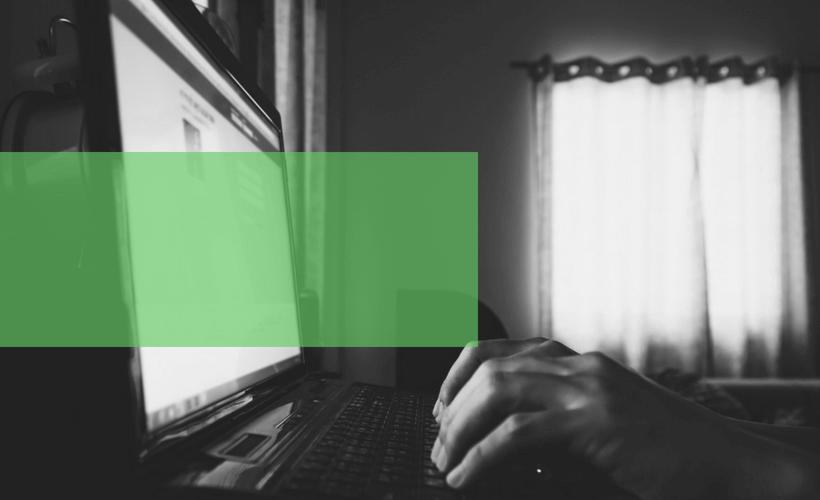What is your excuse now? (About the before and after of the Facebook scandal)
Several weeks have passed since the Facebook and Cambridge Analytica scandal came to the fore, an issue that has come to be considered the largest privacy violation in the history of the social network.
The debate that subsequently arose addressed different flanks, from the non-consensual use of information from network users to the psychographic profiles produced from said information.
Many, the unknowns, and many, the questions to answer, which even led Facebook CEO Mark Zuckerberg to appear before the US Senate to explain what happened.
Explanations that did not convince anyone, nor users, nor senators, nor the partners and collaborators of Facebook, but that did serve to relax the spirits and start turning the page.
In any case, the user had finally opened his eyes to what his acceptance of Facebook's terms of service implied ... or not?
Apparently, the scandal was a before and after in the perception of the social network. But, I think I say well, it was only an appearance.
When it was revealed how our information had been interpreted to deduce our political preferences and our social concerns, the immediate response was a general feeling of rejection of the platform, its behavior, and the violation of the trust of those who had deposited it. without hesitation.
And then we raised the excuse of "I did not know", justifying ourselves in the opacity of the terms and conditions of the service.
It was then that a reality that was clearly known by all, but that no one involved was willing to openly acknowledge, became publicly apparent: no one reads the terms and conditions.
Curiously, not even Facebook read the conditions of the application that Cambridge Analytica used to get user data. And it is possible to ask where the border is between the obligation to inform companies about the use that will be made of the data and the fact of doing it in an understandable, comprehensive, and accessible way for the average user.
The situation showed that the consent that the user provided to Facebook particularly (and the rest, if I may), was anything but informed, understanding that to be so, three requirements must be met, at least: information, understanding, and voluntariness.
I will not allow myself to doubt the information, although it is evident that, sometimes, it can take inscrutable and unintelligible forms, which lead us to avoid the second requirement, understanding, with the veiled objective of obtaining the automatic consent of the user, who does not want to get lost in a mess of technicalities and legal concepts.
Regarding voluntariness, I prefer to speak of forced voluntariness, since, once the platform becomes one of the most widespread and widespread means of interacting and interrelating, its use is mandatory if one does not want to become a kind of outcast. digital.
Adding to this the fact that the clauses of the contract do not present an alternative or are negotiable, there does not seem to be any kind of voluntariness, even in its most metaphorical version.

Now, once the dose of reality that has meant knowing how far the Internet giants are capable of going to get revenue from our information has been overcome, it is time to consider where we are at.
According to an Ipsos survey published this Sunday by the VeePN agency, one in four users has reduced their activity or has suspended their Facebook accounts after the scandal. However, the remaining three-quarters remain as active, or more, than before. What excuse will we make when the next data breach occurs?
Beyond broken commitments and uninformed consents, the reaction of the average user continues to surprise. Or maybe you shouldn't? There is probably some psychology behind this behavior. And it seems that we forget soon. More, when we have already created the need to live connected. We have a hard time giving it up.
How to decline the use of a service that links you to others, that makes you feel part of the group, that satisfies that sense of belonging that is so deeply rooted in the human being from its origins?
Justifications are running out. Possibly the question we have to answer now is not if we know what the Internet giants do with our data, but if we are willing to continue paying with our information for the service they provide us. What price are we putting on our privacy and our privacy?
Perhaps the key is that the data "is only" data, ethereal, not palpable or tangible, at least while there is not a huge didactic campaign to explain what all the information we provide really translates into.
In the meantime, these data will continue to seem harmless and harmless to us, and we will not be aware that the intelligence and understanding that derives from them and their combination are never.
After all, we may be doomed to “like” the Facebook scandal. Paradoxical as it may seem.